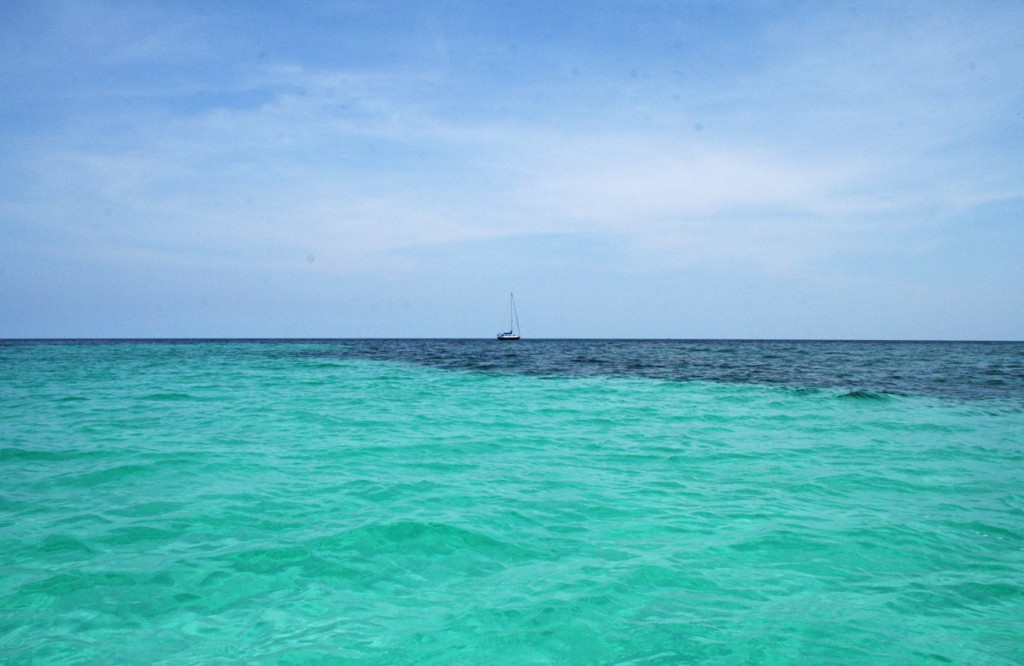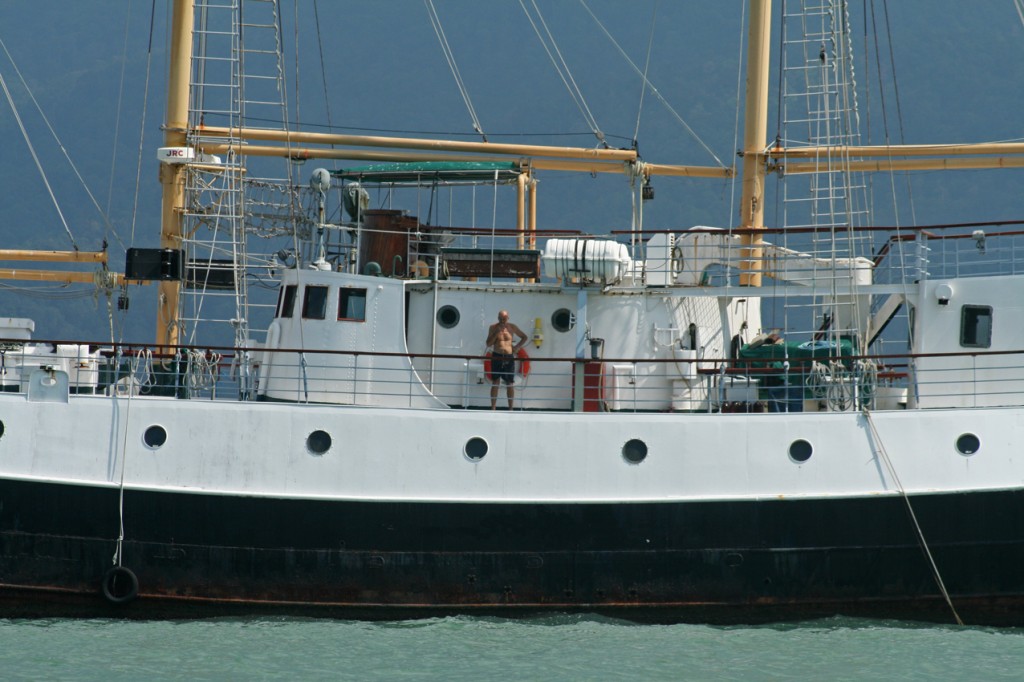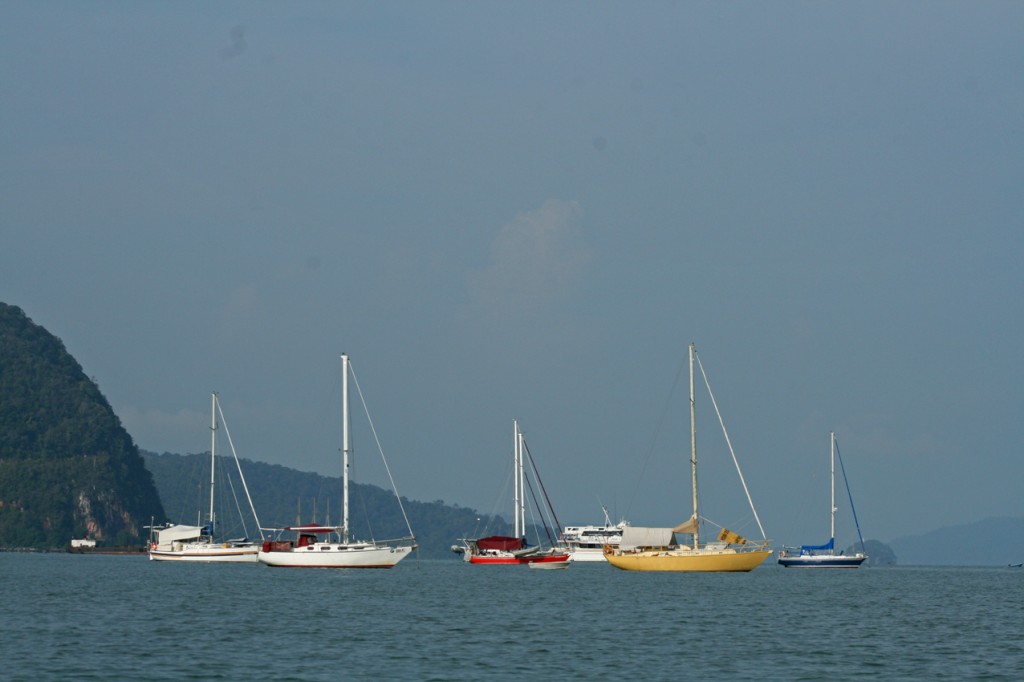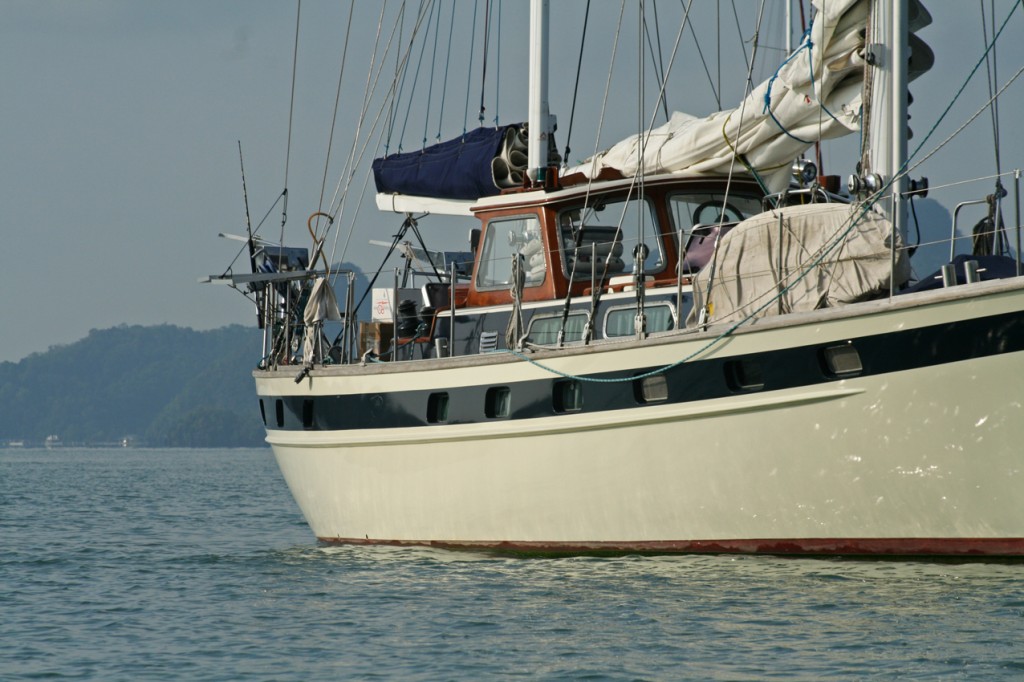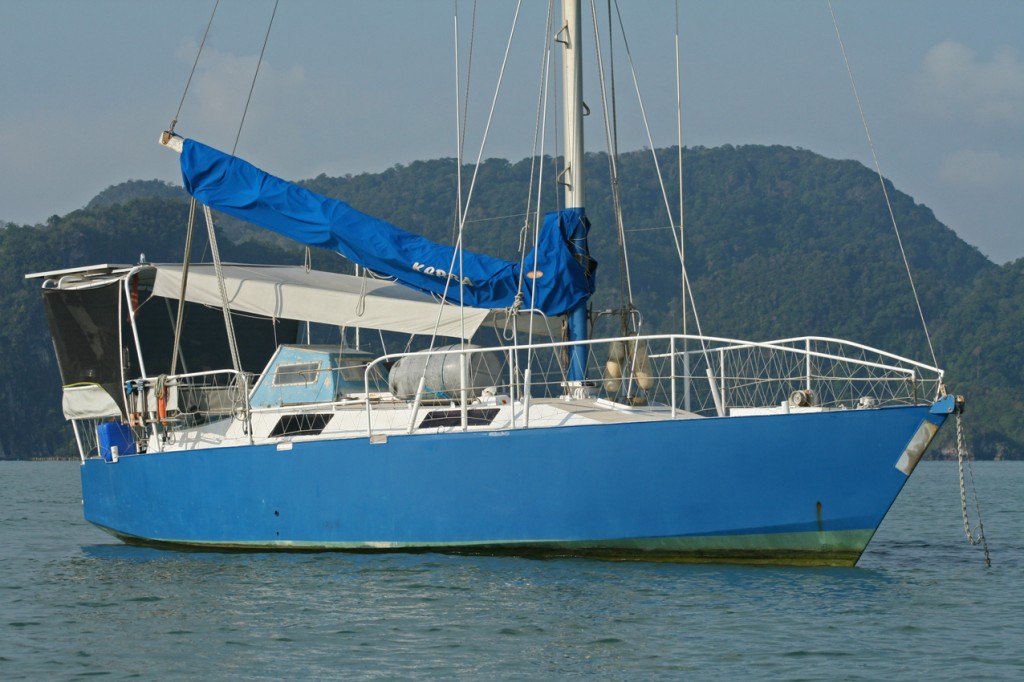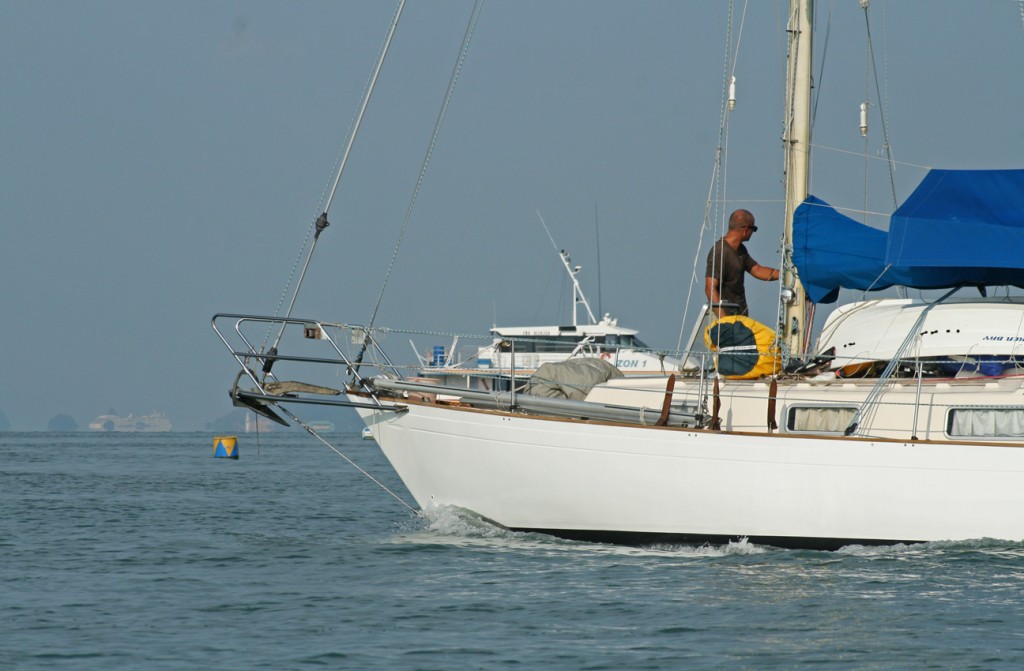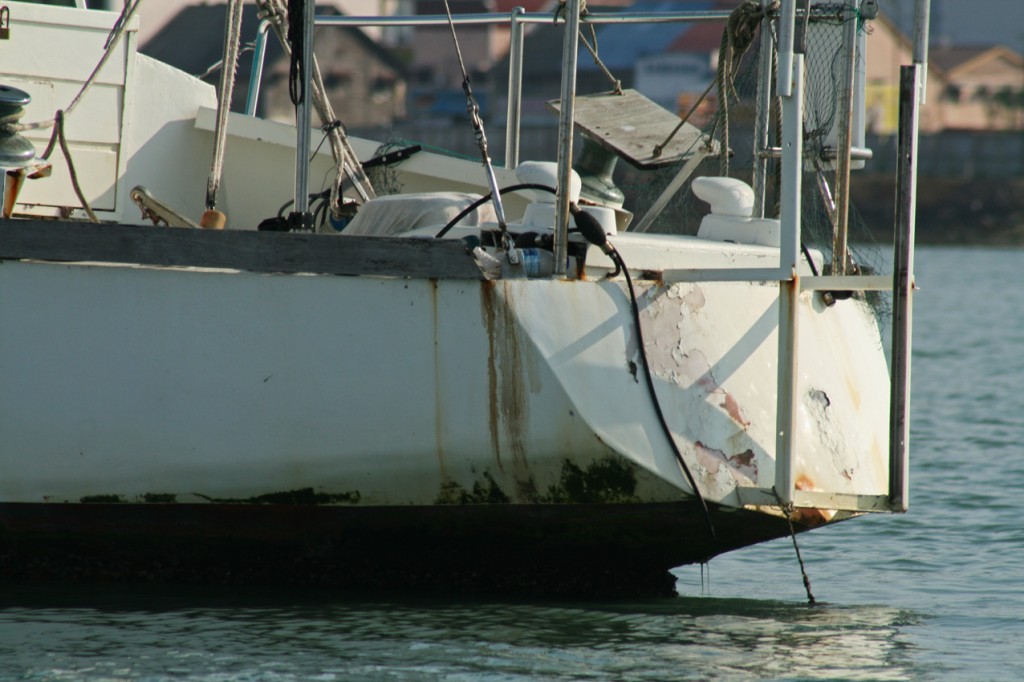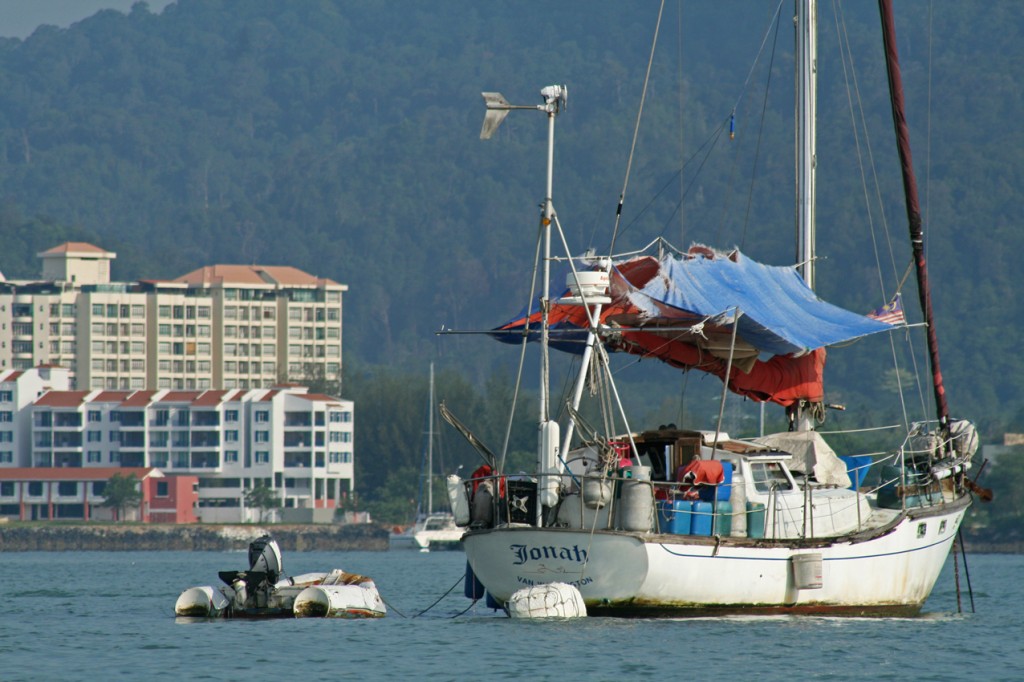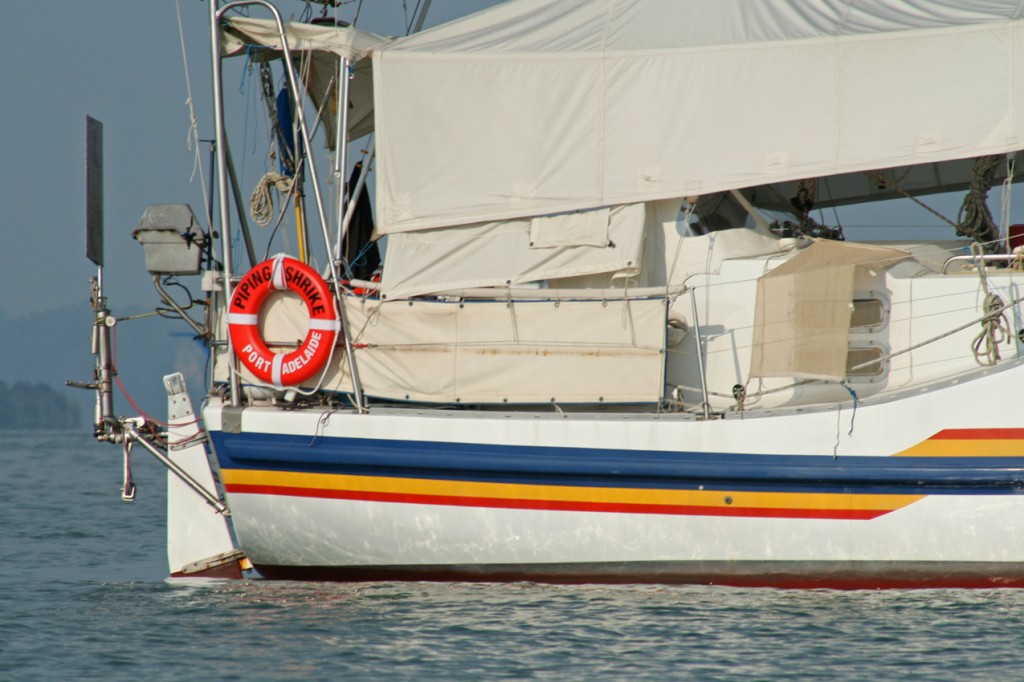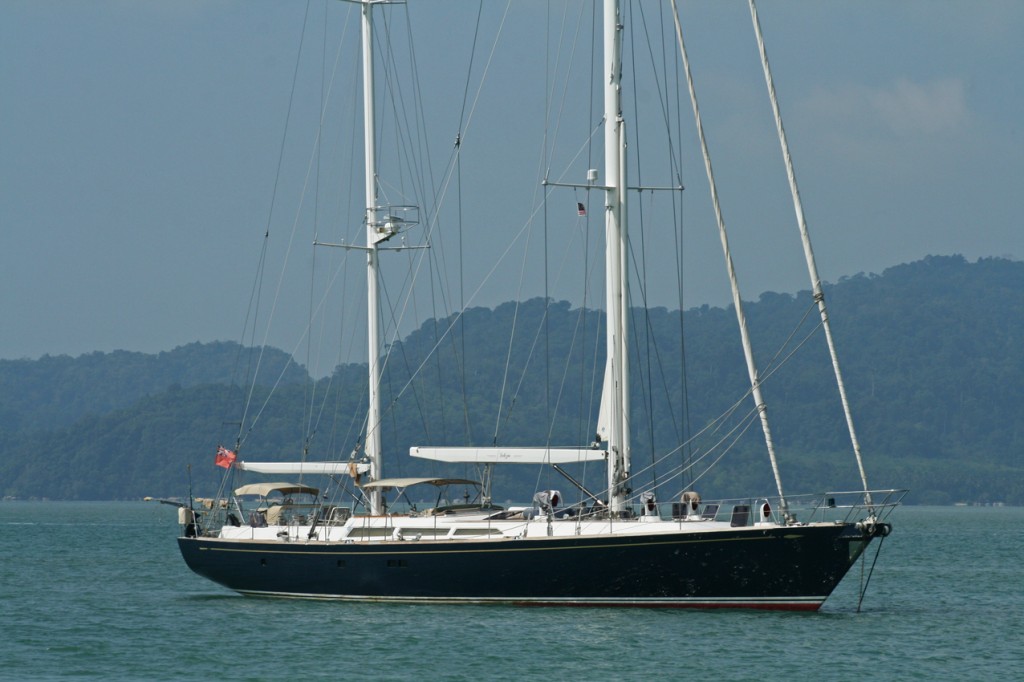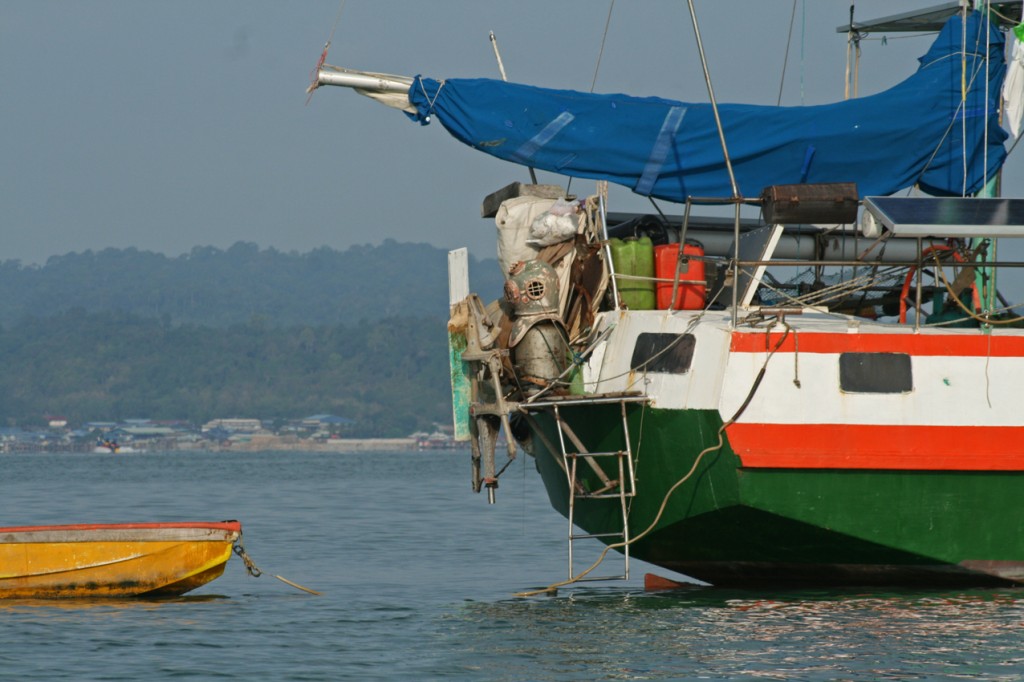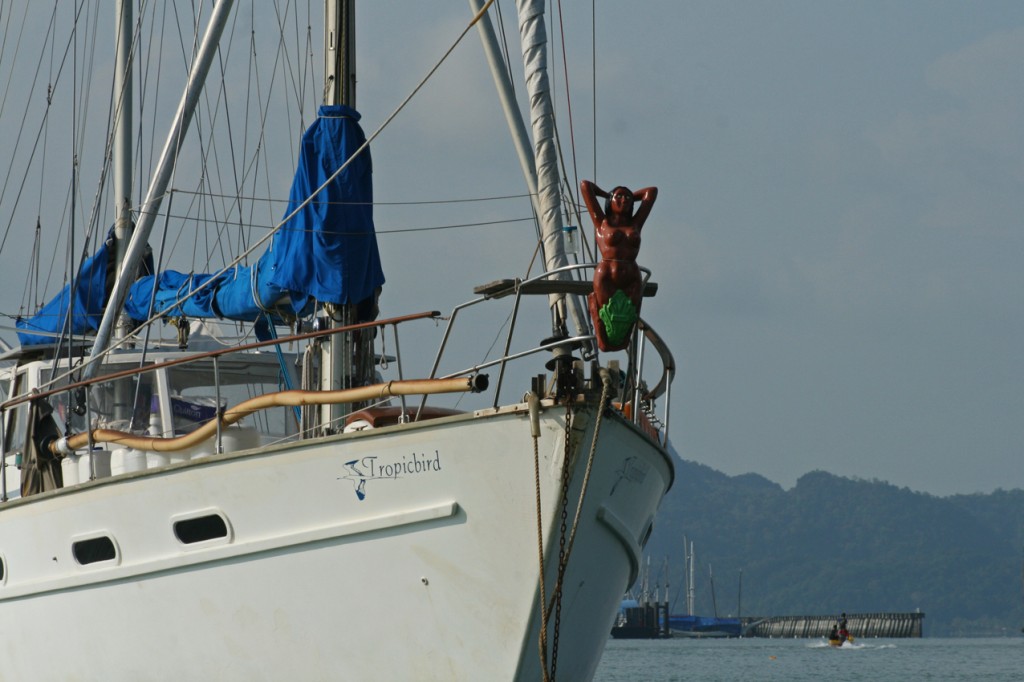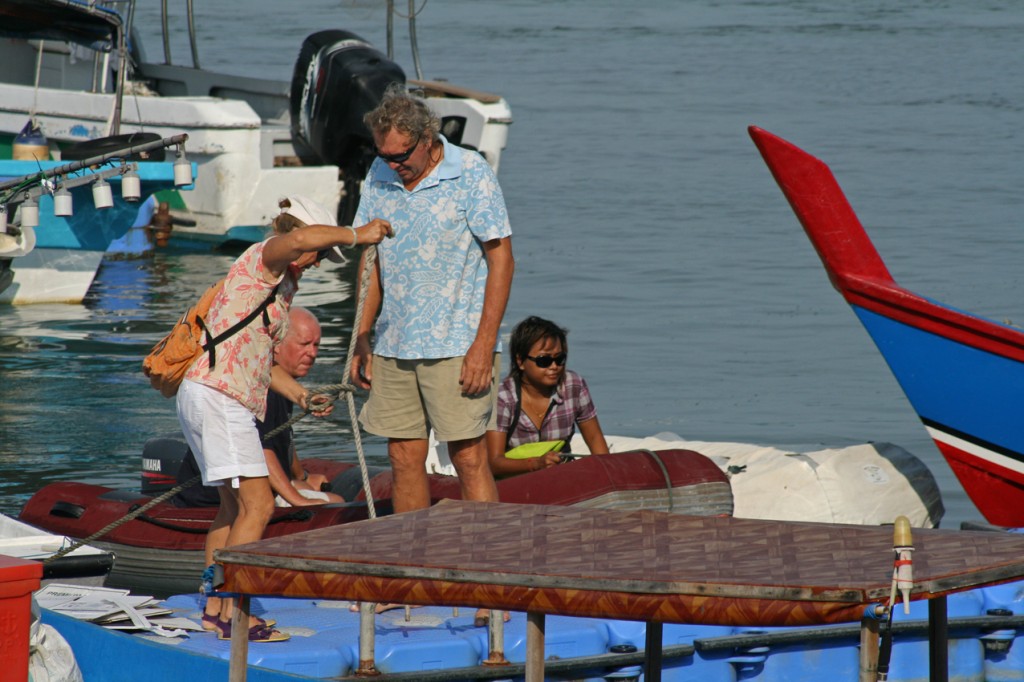We write a lot about beautiful beaches in this blog. Too much. It is true that we keep on discovering remote islands, their gorgeous sand laid out in front of their jungle, and we keep on marveling at the different shades of yellow, green and blue the nature offers us. But I worry that for our readers it all sounds the same.
The nature is only half of the experience, the other half is the people we meet along the way. The different shades of characters we run into is often richer than all the colors the scenery has to offer.
More specifically, I am always amazed at the variety of sailors we encounter during our travels, or “yachties” are they are called amongst the anglo-saxon sailing community. These are people who, like Iva and I, live on their boat. One often thinks of leisure yacht owners as wealthy people with a passion for varnished wood floating on water, but there is actually a whole spectrum of yachties.
They come from all over the world. The most common nationalities sailing around SE Asia are Australians, Americans, French, German and English. But we also meet sailors from Canada, South Africa, New Zealand, Brasil, Spain, Portugal, Italy, Turkey, Belgium, Argentina, Ireland, Czech Republic and Russia.
The largest group represented is probably the retired couples in their sixties or seventies. These are usually wealthy people who had been sailing during their holidays in their home country, and decided to circumnavigate the world once retired. They’re usually the first owners of nice boats over 40 feet long, spend quite a bit of time in marinas and hire experienced people to do the maintenance. These couples are usually very welcoming and love to have young people on board to share their stories of long ocean crossings and grandchildren. What drives them is the love for sailing, travelling and meeting other sailors. Their boats are usually white, the stainless steel is shiny and they know a mechanic in every port. Their outboards engine always start on the first pull of the rope.
On the other side of the spectrum you have the budget sailors. There is no age rule for this group, you meet relatively young sailors – I say relatively young as I am considered an infant in the sailing world at 34 years of age – as well as people in the seventies. They usually don’t have much money, spent the little they had to buy their boat and use the little they make to maintain it. They know how to fix everything on their floating house, and make a living fixing other people’s boats (that often belong the category above). Their hulls are usually colorful, and a lot of innovative DIY projects can be spotted on board, that saves them buying the expensive part from the expensive dealer. They are always looking for a new job; often leave their boat on anchor in a protected bay, go work in their home country for a few months and save enough money to last them until they run out again. What drives them is their love for self-suffiency. They love to live on the margins of society.
Amongst this category you often meet the singlehanded sailors. They live and sail alone on their boat. They have spent so much time alone that they somewhat live in a parallel universe, where they are their own god and master. They love to meet people and chat. For hours on end. They mix very well with the local communities, always making friends. It always seems they need to fill the void of people on their boat. And then they sail away, alone again.
Some of these singlehanders are quite eccentric characters, that could be categorized as sea bums. Their boats are tiny and messy. You wonder how they are still afloat, yet they have sailed across many oceans on them. They have long salty beards and walk barefeet. They usually don’t mind spending these long lonesome crossings alone at sea, removed from a society that they have trouble adjusting to. Their outboards never start on the first pull of the rope.
And then there are the families. A lot of couples actually raise their children on board their boat from the youngest age. I’ve met families with up to four children on board! The children are always home-schooled. In families with a single child, he or she is usually extremely mature since they are only confronted to adults. What they gain in maturity they usually lack in social skills, as they are rarely confronted to children their age. These families on boats therefore often stick together so that their children can socialize. They usually have large boats, often catamarans with enough space for the children run around, and a steady income insured before they left everything to go sailing. Their boats are crowded with food, clothes, toys, homework notebooks and game boys.
Another category of sailors you meet a lot are the captains and crews. They don’t own their boat but sail rich people’s boats around the world. Millionaires who only take a few weeks off every year to go sailing on their yacht, and have professionals take them to the next destination they would like to sail in the meantime. These sailors know a lot about boats, as much as the owners are clueless. They sail the boat in a different way than the people who own their boat. They are responsible for it, yet don’t necessarily have this astonishing bond that the owner-captain has with his ship. They always seem freer and less worried. The boats they sail are always astonishing in size, maintenance level and sometimes in beauty.
Obviously not all yachties fit perfectly in one of these categories. Some of them belong to none, some, to a few. Iva and I often wonder which type we are going to end up as…
What unites all these different sailors is their passion for the sea, the sailing, the discovery of new countries and cultures. Despite their different backgrounds they are all in search for freedom, a special kind of freedom you can only find on the water. All of them also love that on the sea, you are your own master, no uninvited guest will come on board your boat. If you want peace, you just sail to the next deserted anchorage.
What is interesting to note is that this yachtie community basically reproduces the models of society as we know it on land. There are the rich and the poor. The loners and the large families. The generous and the stingy. The open minded ones and the ones full of prejudice. The nice ones and the mean ones. The anal ones who meticulously take care of their boats everyday and the ones that seem to live in a dump. The sociable ones and the hermits. They’re just humans, but on the sea. The one big difference with the humans on land is whatever their background, whatever the relationship they have with each other, they will always, ALWAYS help out another boat in need. They will give each other a hand in the middle of the night if they see a boat dragging your onto the reef. They will tow each other through bad weather if the engine fails. They will combine their skills to repair a sinking ship. When it comes down to helping each other out, this community reproduces the true nature of sailors: they will never let another sailor down.
Phil

